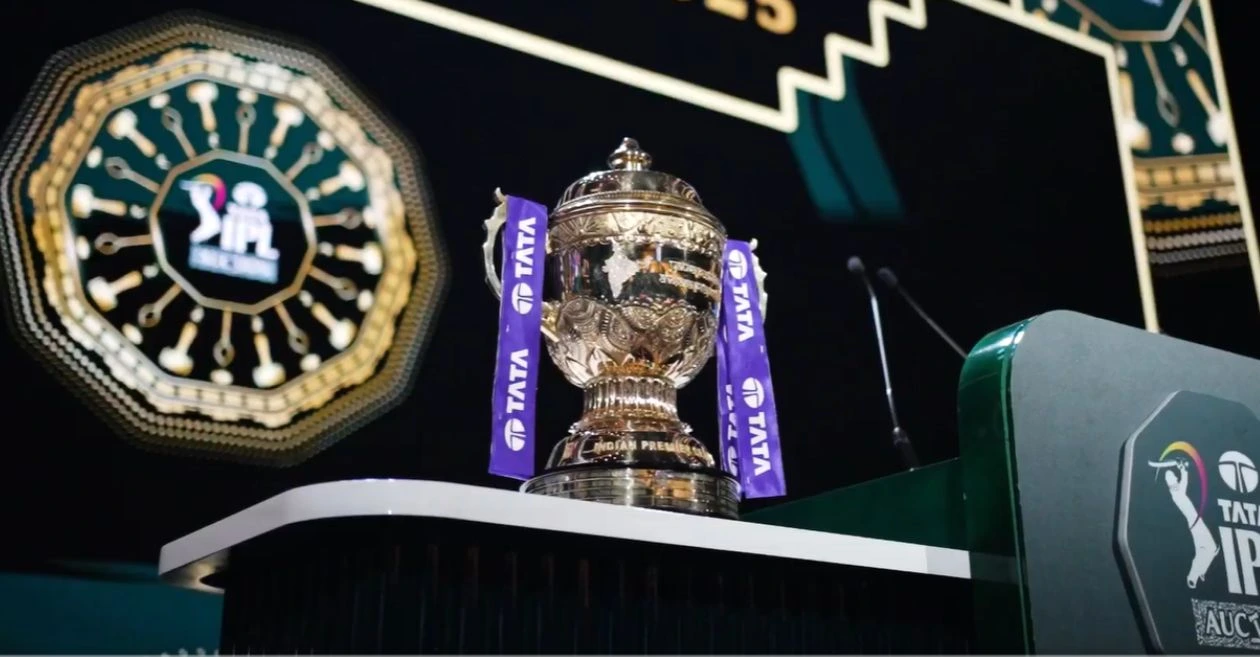Physical Address
304 North Cardinal St.
Dorchester Center, MA 02124
Physical Address
304 North Cardinal St.
Dorchester Center, MA 02124

Until last season, the Indian Premier League (IPL) has its own rules and code of conduct when it comes to different levels of offenses committed by players in a particular IPL fixture. However, this is set to change with a major overhaul of the tournament’s governing principles.
The IPL has a history of many heated exchanges between players of different franchises on and off the pitch. In the 2023 IPL season, there were a total of 10 violations of the Code of Conduct. The most notable player to go under the radar for a Level 1 offense is Kolkata Knight Riders‘pacer Harshit Rana who was punished for the offenses on two separate occasions. Especially, other star players like Tim David, Kieron Pollard, Virat Kohli, Sam Curran, Rasikh Salam Darand Ishan Kishan was also charged with an offense during the tournament.
Remembering these moments in the past, a decision was taken to Board for Control of Cricket in India (BCCI) yesterday to extend the ICC’s regulations and code of conduct in its prestigious league tournament.
“From now on, the penalty imposed by the ICC will be imposed for Level 1, 2 or 3 offences. Till date, IPL has its own Code of Conduct but henceforth, the Playing Conditions will be followed as per the ICC T20I regulations,” a member of the IPL GC told PTI on conditions of anonymity.
The new IPL season is scheduled to begin on March 21 with the final to be played on May 25. Rajiv Gandhi International Stadium in Hyderabad is scheduled to host the first two qualifiers while Gardens of Eden in Kolkata will be the venue for the second playoffs and the finals of the prestigious tournament.
The International Cricket Council (ICC) prescribes specific punishments for players based on the severity of their offences, which are categorized into three levels. with Level 1 violationsbeing considered a minor, players can be fined up to 50% of their game fee. Level 2 Violations carry stricter consequences, with fines ranging from 50% to 100% of the game fee. The most serious violations fall below Level 3which resulted in a ban of 6 Test matches or 12 ODIs. These penalties are enforced to maintain discipline and maintain the spirit of the game. Once a violation is reported, the ICC’s disciplinary process includes reviewing the evidence, hearing the player’s defense, and determining the appropriate punishment. Referees or judicial commissioners oversee this process to ensure fairness. Players have the right to appeal decisions if they believe the penalties are unfair. This structured approach helps promote accountability and fair play in cricket.